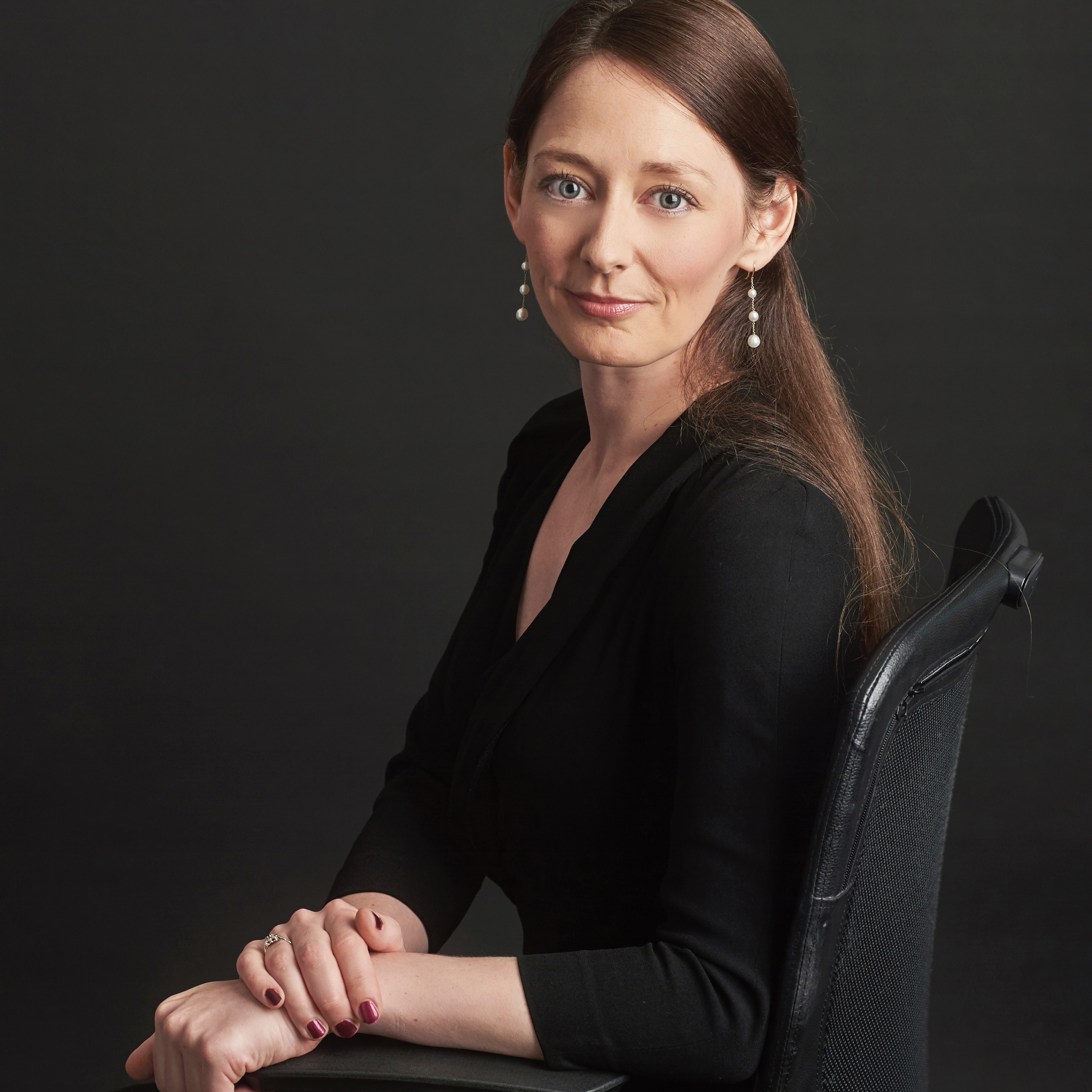Surinder Singh and the Centre of Life Test
Surinder Singh was decided by the Court of Justice of the European Union (CJEU) in 1992 and established the ‘return principle’, enabling EU citizens to rely upon principles of EU law to enable family members to live with them in their home state, rather than in another Member State.
The Court recognised that the movement of family members was particularly important for ensuring that Member State nationals are not deterred from exercising free movement rights. The spouse of a Union citizen who moved to another Member State to work was entitled to enjoy “at least the same rights” when they returned to the UK as if the spouse had entered and resided in another Member State. In its recent decision in O and B, the CJEU extended the derivative rights for family members upon return to follow the exercise of all Treaty rights in another Member State, rather than just to the family members of migrant workers or self-employed persons.
O and B found that “where a Union citizen has created or strengthened a family life with a third country national during genuine residence, pursuant to and in conformity with the conditions set out in Article 7(1) and (2) and Article 16(1) and (2) of Directive 2004/38… in a Member State other than that of which he is a national, the provisions of that directive apply by analogy where that Union citizen returns, with the family member in question, to his Member State of origin.”
Article 7 of Directive 2004/38 confers a right of residence for more than three months on Union citizens exercising Treaty rights to work, be self-employed, self-sufficient, or study; and Article 16 is the right of permanent residence, acquired after five years’ continuous lawful residence within an EEA state.
This means that UK citizens who have exercised Treaty rights in another Member State for a minimum of three months may be able to rely upon EU law to increase their options to be joined by a third-country national family member in the UK, where there family life has been ‘created or strengthened’ within the EEA state.
As Surinder Singh and O and B demonstrate an alternate route to entry clearance for family members within the UK, this route escapes the £18,600 earnings requirement or £62,500 savings requirement to bring a spouse to the UK under the Immigration Rules.
Surinder Singh is taken into account in the Immigration (EEA) Regulations, at Regulation 9. This Regulation requires that (1) a returning UK citizen has resided in another EEA state as a worker or self-employed person prior to returning to the UK; (2) if the family member was a spouse or civil partner they must have entered into the marriage or civil partnership and been living together in the EEA state before the British citizen returned to the UK; (3) the UK citizen must have transferred the “centre of [their] life” to the EEA state where they resided as a worker or self-employed person.
The first and third conditions are problematic. Following O and B, the UK national exercising Treaty rights in another Member state before returning home need not be economically active. They just must be able to demonstrate genuine exercise of Treaty rights. Further, the centre of life test is not strictly compatible with the requirements of case-law, in that the UK goes beyond what is required to demonstrate a genuine exercise of free movement rights. Factors which are taken into account in the assessment of transferring centre of life include: the period of residence in the EEA state as a worker/self-employed person; the location of the UK national’s “principal residence” and the degree of their integration in the EEA state.
The ‘centre of life’ test shows that the UK aims to restrict the number of applicants able to rely upon the Surinder Singh route. The UK’s approach equates short-term exercise of Treaty rights in another EEA state and subsequent return to the UK and reliance upon the Surinder Singh route to gain entry for family members as an abuse. However, as the CJEU has shown on many occasions, the motivation for a genuine exercise of Treaty rights is irrelevant: where there is a genuine exercise of Treaty rights by a UK national in another EEA state, their family members may be entitled to rely upon the Surinder Singh principle following the return of a UK national to the UK.








